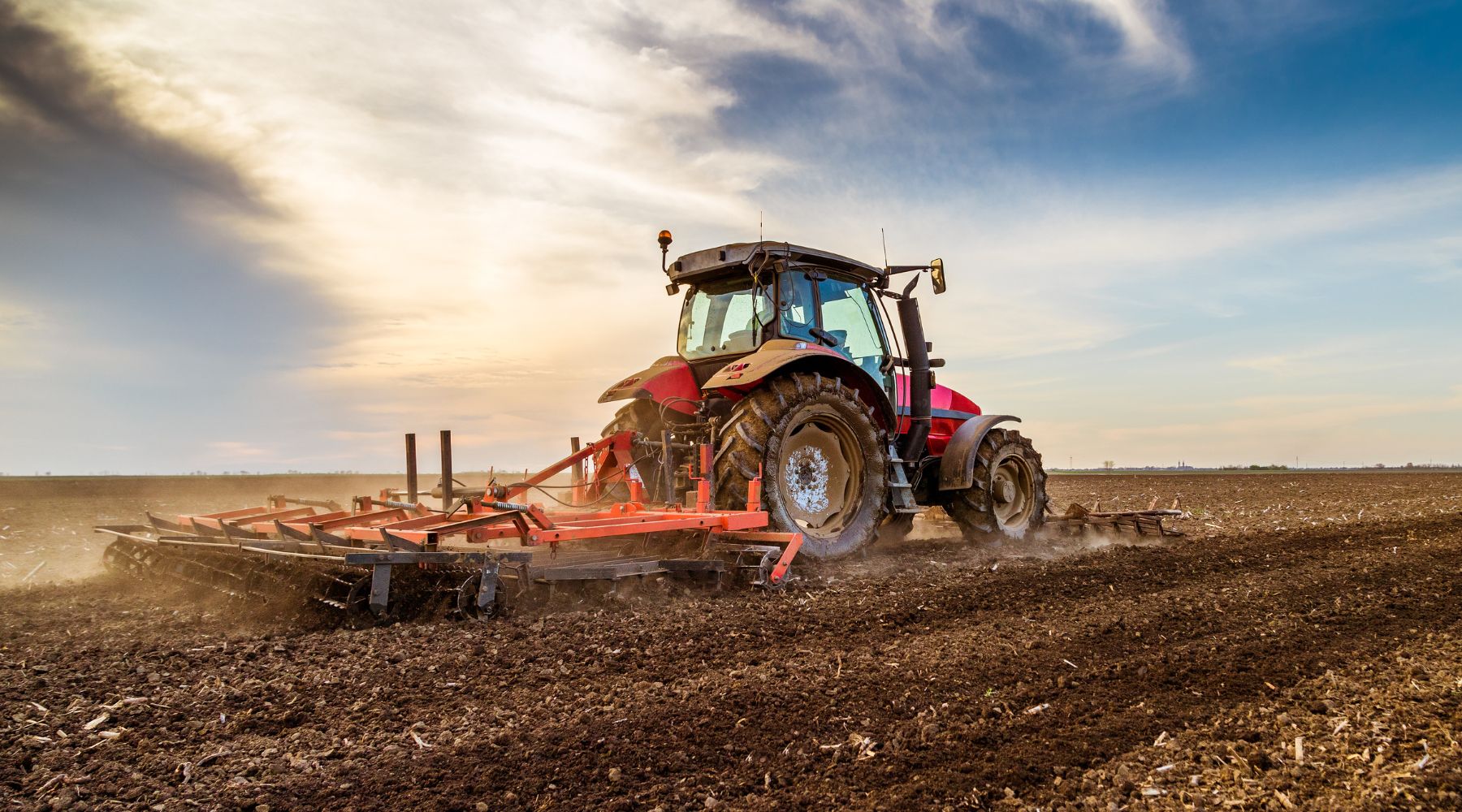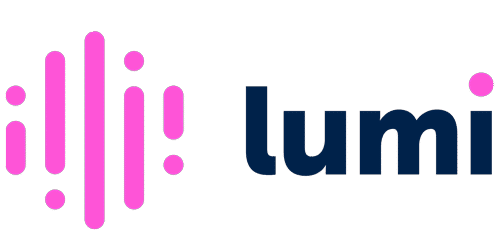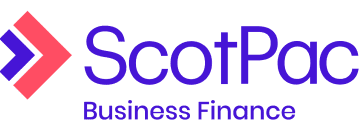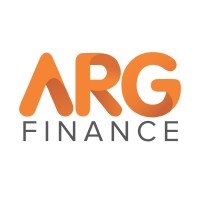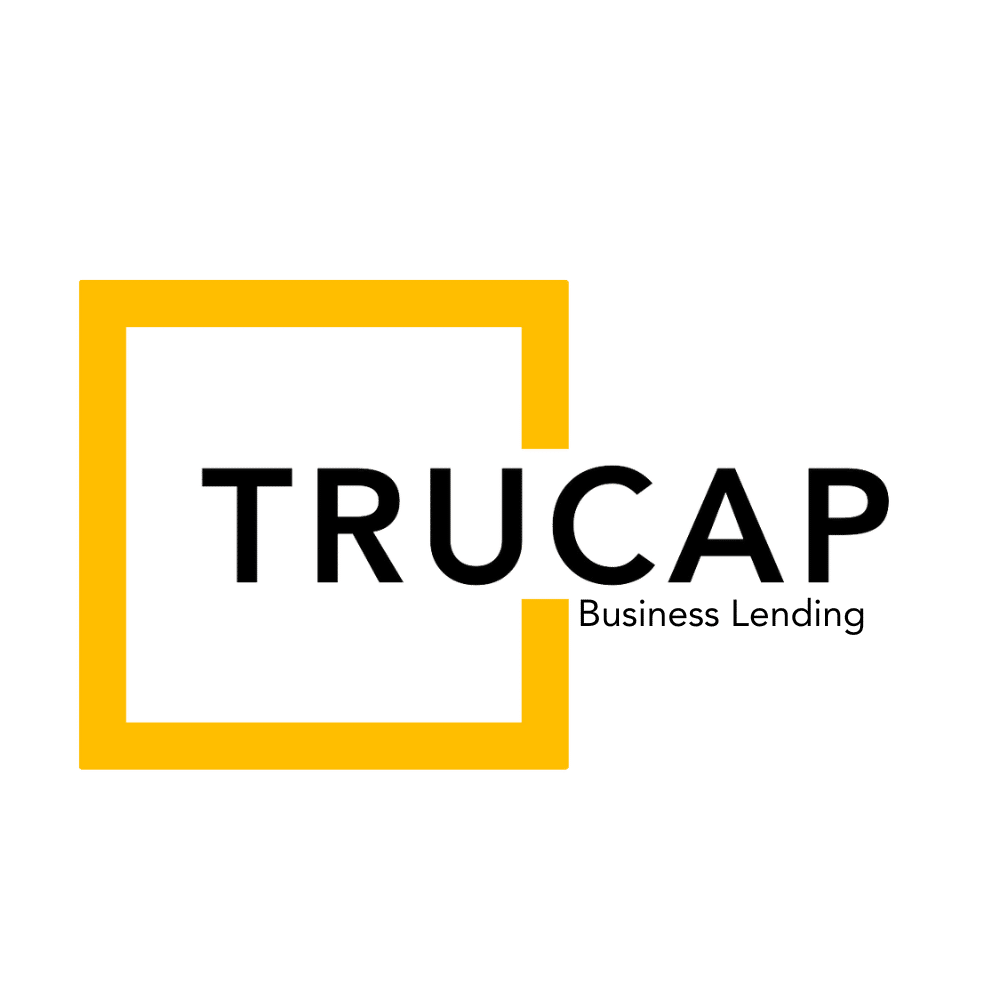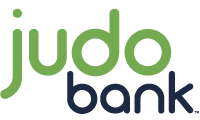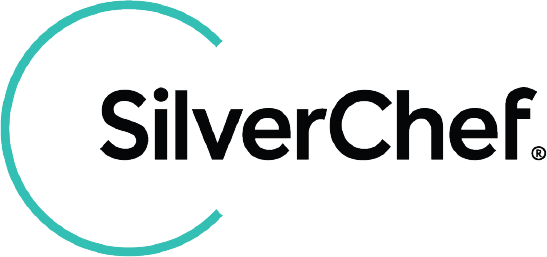Agriculture in Australia is big business, worth over $82 billion in 2024–25 and growing. However, to keep operations running smoothly, farmers often need flexible finance. Whether upgrading machinery, buying livestock or expanding, the right agricultural loan can help businesses stay productive and prepared for whatever the season brings.
What is agricultural finance?
Agricultural finance refers to a range of loan and lease options that can be used to support farming operations, agribusinesses and rural enterprises. It helps farmers manage both short-term challenges and long-term growth more effectively by addressing a variety of farming needs. This could include:
- Machinery and equipment such as tractors, combine harvesters, ploughs, balers and irrigation systems
- Livestock purchases
- Seeds and crop inputs like fertilisers, herbicides and pest control
- Wages and staff costs
- Land acquisition or leasing for grazing, cropping or expansion
- Infrastructure upgrades like sheds, silos, fencing or cold storage, as well as new technology
- Working capital to cover operational costs between harvests
- Climate recovery support following weather disruption like drought or floods
- Startup support
From investing in new assets to managing seasonal ups and downs, suitable agricultural finance can support your operation every step of the way.
Why apply for a business loan with Savvy?
Expert brokers
You can speak with one of our specialist commercial brokers who can walk you through a range of loans to best suit your company's needs.
Over 40 lending partners
You can compare business loan offers, through a range of trusted lenders, maximising your chances of a great rate.
Fast online process
You can fill out our simple online form to generate a free business finance quote within minutes. You can also come back to it at any time.
Agriculture finance options
Unsecured business loans
Unsecured business loans offer flexible funding that can be used to cover a wide variety of smaller agricultural costs. These loans are provided as lump sums and repaid with interest over a fixed term of one to five years, with either fixed or variable interest rates.
How much you can borrow will depend on your turnover and financials, but you could access anywhere from a few thousand dollars up to $300,000 or more without needing to provide an asset as security.
If your business needs fast access to funds, a short-term business loan could be an option. Typically ranging from a few weeks to three years, they can be used to manage seasonal cash flow, respond to unexpected costs or fund time-sensitive purchases such as emergency equipment repairs.
Business lines of credit
A business line of credit provides access to a set credit limit you can draw from as needed. You only pay interest on the amount you use, not the entire limit, making it a flexible option for managing fluctuations in income and expenses.
This can help with recurring or seasonal costs such as fuel, crop inputs or maintenance, particularly when income is delayed. Funds can be drawn and repaid multiple times, giving you greater control over cash flow compared to a fixed-term loan.
Equipment and tractor finance
If you're purchasing machinery, vehicles or even technology systems for your farm, equipment finance allows you to spread the cost over time without tying up working capital. Depending on whether you want to own the asset or simply use it for a set period, options include:
- Chattel mortgage: you own the equipment from day one, with the asset used as security on the loan.
- Finance lease: you make regular payments to use the equipment, with the option to pay a residual at the end of the lease to purchase the equipment.
- Operating lease: used for short-term or seasonal equipment needs, you lease the equipment for a set term and then return it, with no option to own.
Let’s look at how this could work in practice. A grain producer needs to purchase a new combine harvester valued at $700,000 but doesn’t have the funds available upfront. After comparing their options, they apply for a chattel mortgage with a five-year term at an 8% interest rate. This gives them ownership from the start but allows them to split the cost into manageable repayments of around $8,500 (excluding fees), allowing the business to upgrade without impacting day-to-day cash flow.
Can I buy a farm with a commercial loan?
Yes – if the farm is being purchased for business purposes, you may be able to buy the property using a commercial property loan. This type of finance can be used to buy land used for grazing, cropping or mixed farming, and may also include buildings or other fixed assets on the property.
Lenders will typically require:
- A formal valuation of the land
- A business plan outlining the operation’s commercial viability
- Supporting financial documentation, including income and cash flow projections
Security is usually provided through the property itself, and in some cases, additional assets such as machinery or livestock may be used.
Agriculture finance vs traditional business loans
While farms use the same types of finance as other businesses, these solutions need to be suited to the unique requirements of farms and rural enterprises. Challenges include:
- Fluctuating income due to seasonal harvests, weather patterns and market conditions
- Larger-scale operations, often involving significant landholdings and high-value machinery
- Unique assets, such as livestock, water rights or irrigation infrastructure
- Rural or remote locations, which can impact logistics, service availability and costs
Because of this, agricultural finance often takes a more flexible approach than standard business lending. This might include access to higher loan amounts for large equipment purchases, extended loan terms to match longer income cycles or seasonal repayment plans that align with periods of income generation.
Savvy works with lenders that understand how the agricultural sector works. We can help you compare and structure funding options to suit your farm’s operations, assets and long-term goals.
How to apply for an agriculture loan
-
Tell us about your business and what you need
Start by filling out our quick online form. Let us know what you need the loan for and provide some basic details about your farm or agribusiness, including annual turnover and how long you’ve been operating. If you’re hoping to finance multiple items for your farm such as tractors, simply select one option and our consultant can discuss it with you.
-
Provide supporting documents
We may ask for additional documentation to support your application. This could include financial statements, tax returns, a business plan or asset details such as machinery quotes or livestock invoices. Documents can be submitted securely via our online portal.
-
Speak with a Savvy consultant
Once we’ve reviewed your details, a Savvy consultant will contact you to go over your options. We’ll compare a range of loan products from our panel of lenders, considering factors like income, loan term, repayment structure and security requirements.
-
Submit your application for approval
When you're ready to move forward, we’ll prepare your application and submit it for formal approval. Many farm loan applications can be approved in as little as 24 hours, depending on the complexity of the request and the documentation provided.
-
Sign your agreement and finalise settlement
Once approved, your loan documents will be sent through for electronic signing. We’ll manage the settlement process and, once complete, funds will be released or the asset will be transferred, so you can get on with running your farm or growing your agribusiness.
- Snapshot of Australian Agriculture 2025 - Department of Agriculture, Fisheries and Forestry
- Loans to assist first time farmers or farmers looking to start their own business or implement succession arrangements - Business.gov.au
- Drought, disaster and rural support - Department of Agriculture, Fisheries and Forestry

